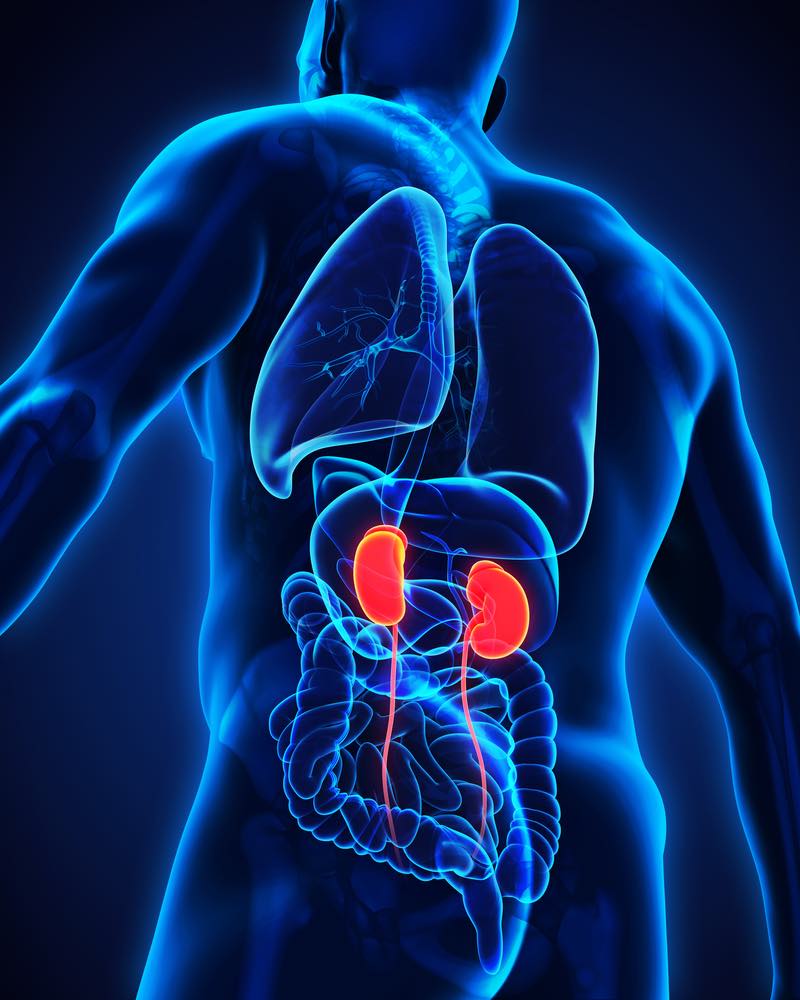Enrollment has been completed for a study of a regenerative cell therapy investigational product for intra-renal artery administration to treat diabetic kidney disease (DKD).
U.S.-based Caladrius Biosciences Inc., a clinical-stage biopharma company that develops therapies designed to treat or reverse disease, made the announcement today (August 2).
The phase 1b open-label, proof-of-concept study will look at CLBS201, the CD34+ regenerative cell therapy product.
Top line data
The company expects to announce top-line data from all subjects by the first quarter of 2023.
Kristen Buck, chief medical officer at Caldrius, said: “We are pleased to announce that we have treated the last subject in our Phase 1b clinical trial evaluating CLBS201, which focuses on individuals who exhibit rapidly progressing stage 3b/4 DKD. We look forward to sharing top-line data after all subjects have completed their six-month follow-up visit.”
The trial of CLBS201 for the treatment of DKD progressive kidney failure is associated with attrition of the microcirculation of the kidney.
Kidney function
Preclinical studies in kidney disease and injury models have demonstrated that protection or replenishment of the microcirculation results in improved kidney function.
Pablo Pergola, principal investigator of the study, said: “Intra-renal artery infusion of CD34+ cells could be a breakthrough in the treatment of diabetic kidney disease; we are excited about our work with Caladrius on this program. We look forward to reviewing the results of this study and the potential development of a treatment for patients in need.”
Patients selected for the study were in the pre-dialysis stage of kidney disease and exhibited rapidly progressing stage 3b disease. The objective of the protocol is to evaluate the tolerance of intra-renal cell therapy injection in DKD patients as well as the ability of CLBS201 to regenerate kidney function.
Diabetes mellitus
DKD is also called diabetic nephropathy, and is a serious kidney-related complication of diabetes. Diabetes mellitus is the leading cause of kidney disease; approximately 40% of individuals with diabetes have DKD.
Over time, high blood sugar from poorly controlled diabetes can damage the small blood vessels (microvasculature) in the kidneys, which can lead to kidney damage. This microvascular complication may eventually develop in approximately 30% of patients with type 1 diabetes and approximately 40% of patients with type 2 diabetes.
For more information on this study, visit here.





